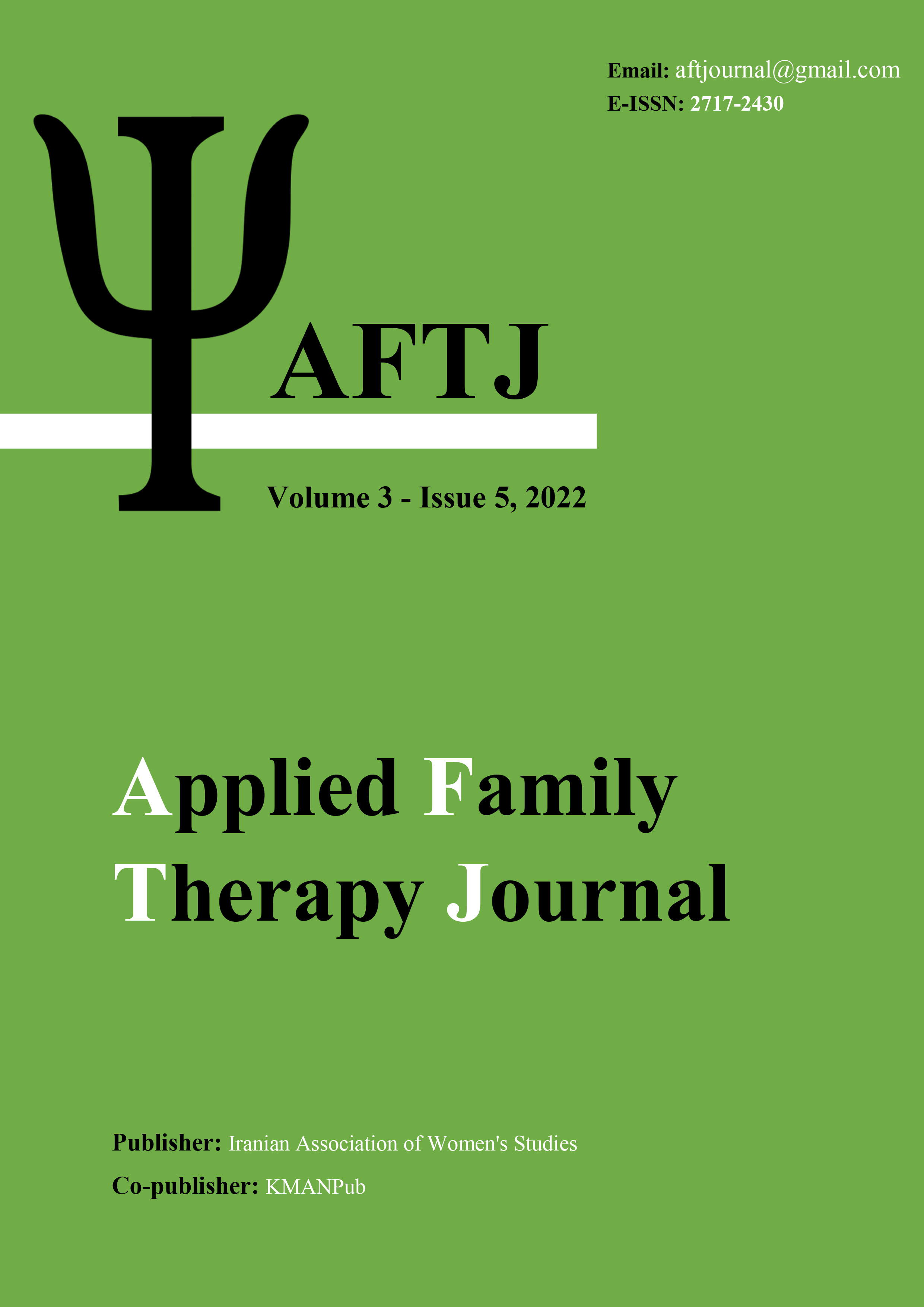The role of self-care on cognitive ability in diabetic elderly
Keywords:
self-care, cognitive ability, elderly, diabetes.Abstract
Aim: The present study was conducted with the aim of determining the role of self-care in predicting cognitive ability in the elderly with diabetes. Methods:The population of the present study was all women who referred to the endocrinology clinic of the 2nd district of Karaj, from which 180 women (50-70 years old) with diabetes were selected according to the inclusion criteria. To measure the self-care questionnaire of Yonesi et al. (2019) and the rescue cognitive abilities questionnaire (2012) and to analyze the data, Pearson correlation coefficient and regression analysis were used. Results: The results showed that self-care components can explain 24.3% of the variance of cognitive ability. Physical self-care (β=0.197) has the largest share in predicting the cognitive ability of the elderly, followed by social self-care (β=-0.189), spiritual self-care coefficient (β=-0.162) and self-care in During illness (β = 0.122) (P < 0.001) Conclusion: According to the obtained results, cognitive abilities in the elderly with diabetes can be predicted with the help of self-care dimensions.
Downloads
Downloads
Published
Issue
Section
License

This work is licensed under a Creative Commons Attribution-NonCommercial 4.0 International License.





















